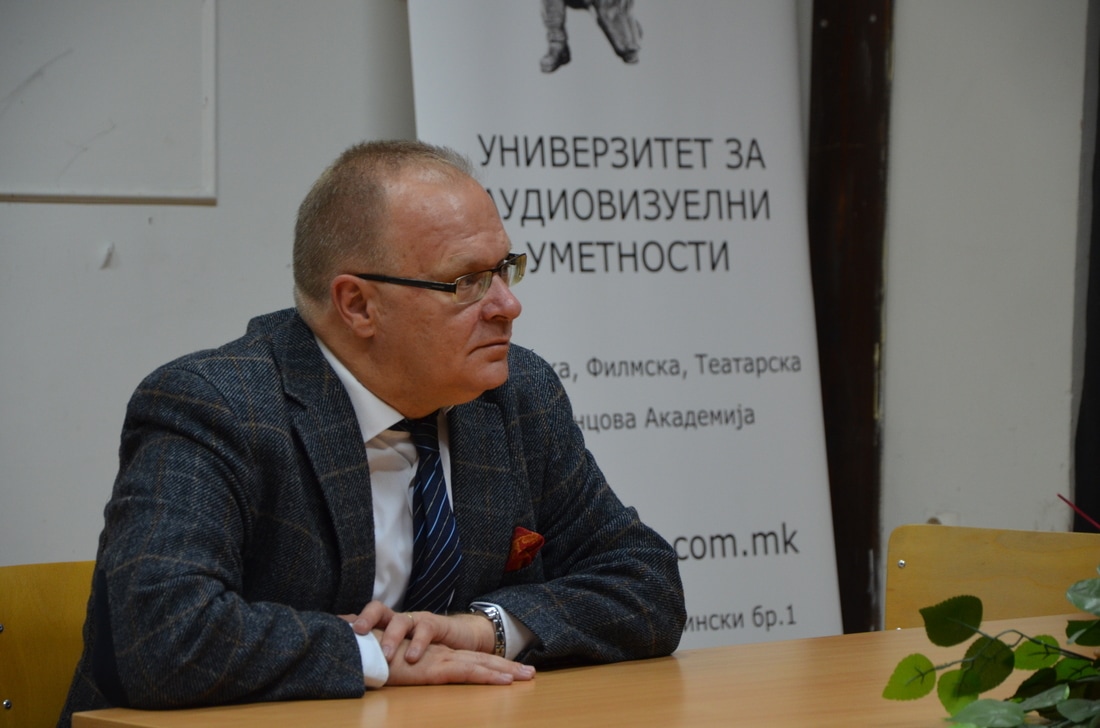
His research addresses the interface of sociolinguistics, historiography and anthropology, and focuses on the South Slavic-Greek border region. His habilitation from 2004 „The Macedonian dialect/standard continuum“ was financed by the German Research Foundation (DFG). He is principal researcher in several projects, e.g. „Melting Borders“ on the small border traffic between the Republic of Macedonia and Greece, on identity issues among Balkan Muslims, on linguistic gender mainstreaming in Croatia, Serbia and Albania, and on the historical boundaries in the Albanian-Macedonian contact zone.
He has published extensively on issues of sociolinguistics in the Balkans, especially on language decay and revitalization of Slavic varieties in Northern Greece. He edited several scientific volumes, among others „Minorities in Greece, Historical Issues and New Perspectives" (2003, with Sevasti Trubeta), „Marginal linguistic identities, Studies in Slavic contact and borderland varieties” (2006, with Dieter Stern), „Habsburg vs. Ottoman legacy in the Balkans: Language and religion to the north and to the south of the Danube” (2010), “Co-Ethnic Migrations Compared, Central and Eastern European Contexts“ (2010, with Jasna Čapo and Klaus Roth), and „Doing Gender – Doing the Balkans, Dynamics and Persistence of Gender Relationsin Yugoslavia and the Yugoslav Successors or States“ (2012, with Simone Rajilić and Roswitha Kersten-Pejanić).
Since 2016, he is the director of the newly founded Interdisciplinary Center for transnational border research „Crossing Borders“ and supervisor of the emerging Competence Network „Liberal Arts in the Western Balkans“ (supported by ERASMUS+ and DAAD).
He is the founder and editor of the book series „Studies on Language and Culture in Central and Eastern Europe“ and member of the editorial board of „Balkan Studies Library“, „Mediterranean Language Review“, „Südost-Forschungen“ and „Colloquia Humanistica“. Since 2012 he is member of the „Classe di Slavistica“ at „Academia Ambrosiana“ in Milan, and member of the scientific committee of „Centro Internazionale sul plurilinguismo“.
"Dear readers,
Let me express my gratitude for the great honor of having being selected as a winner of EUROPA PRIMA. Since the late 1980s I am traveling a lot throughout the Balkans, including a lot of field work among linguistic minorities in Northern Greece in the early 2000s. This Balkan experience was the best thing that happened in my life – and this is not meant in the sense it accelerated my academic career. Of course it is true that working with my informants – and many of them have become true friends – has given me the enthusiasm and strong motivation to continue my research, but more important here is the lesson Germans can learn in the Balkans: a more humorous and sophisticated attitude to life.
I am very lucky to work at Humboldt University – one of the best performing universities in Germany -, which is aware and even proud of its Eastern legacy and the intense contacts to the East and Southeast of Europe. My mission here is to contribute to the overcoming of the heterostereotypisation, alterization and even alienation of the Balkans in Western European and German public discourse.
It is our common task as scholars, artists and citizens to repeat again and again that there is no normative Europeanness separating populations into subjects and objects, but that Europe can be only perceived as an addition and in multiperspectivity. Our film festivals can contribute to introduce and integrate the Balkans in a cultural and emotional map of perceptual Europe, and I hope we can establish SEEFF in Berlin as a stable and highly visible label like is SEE à Paris.
So let me thank you once again!"
Christian Voß
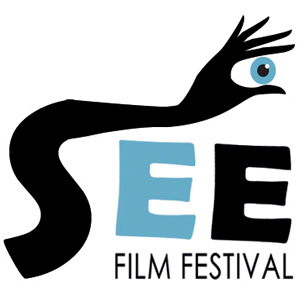
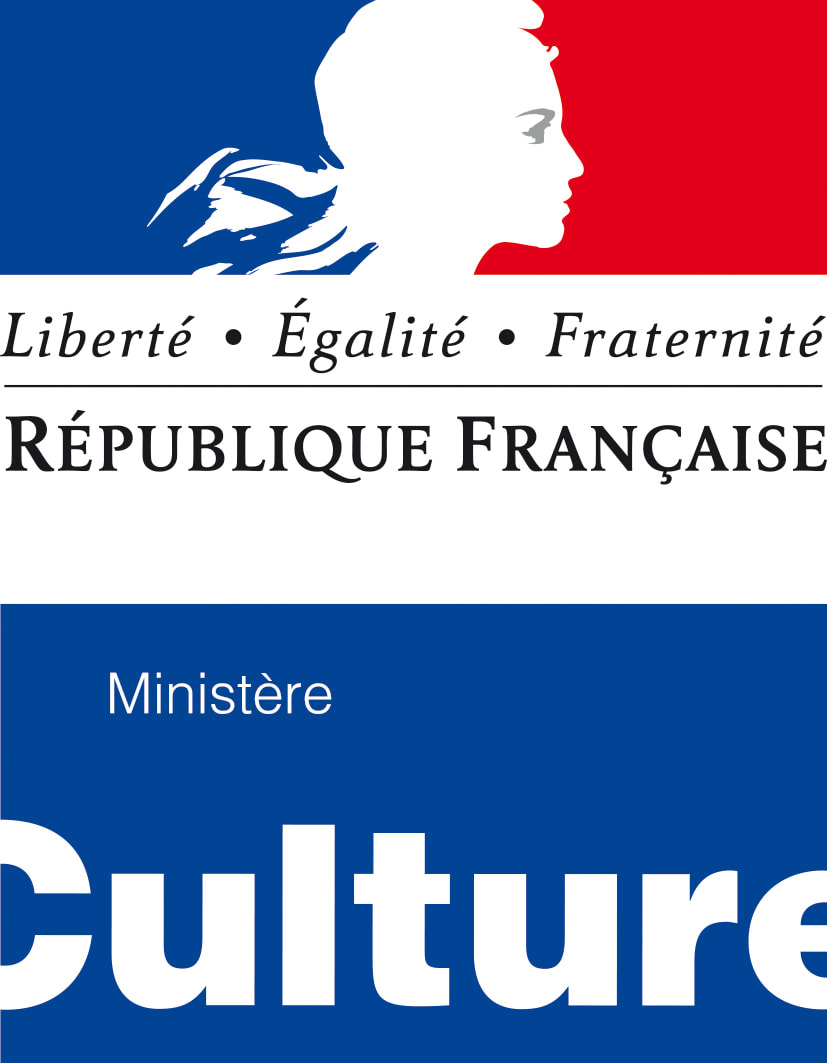
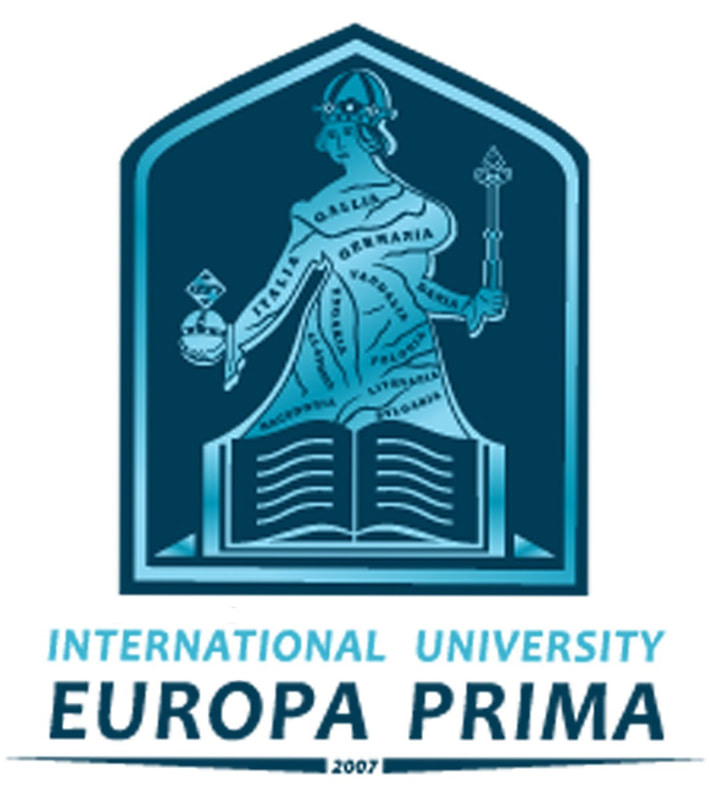
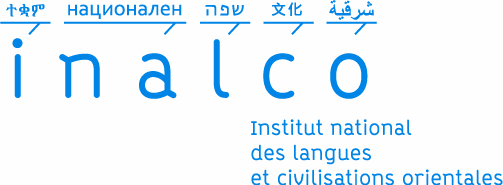


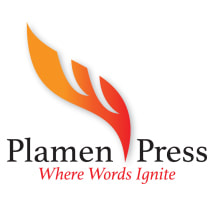


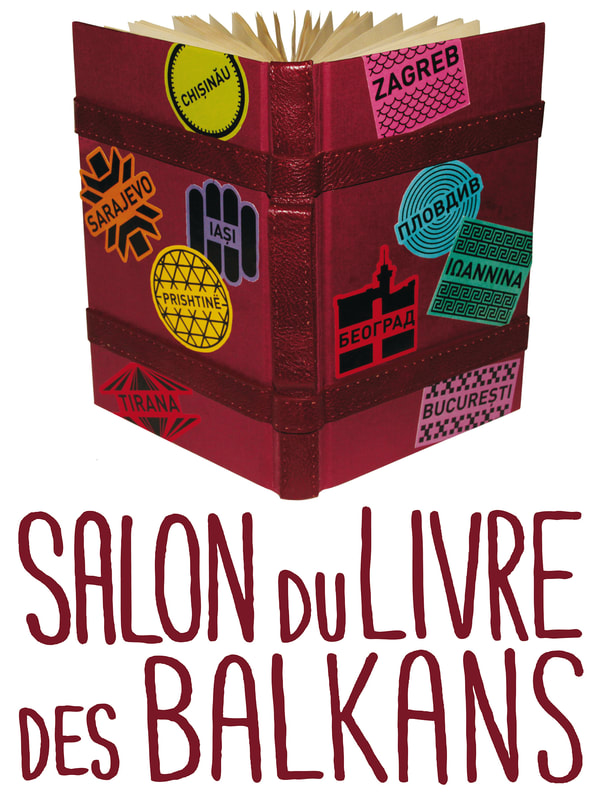
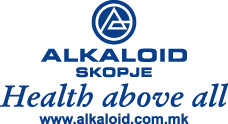
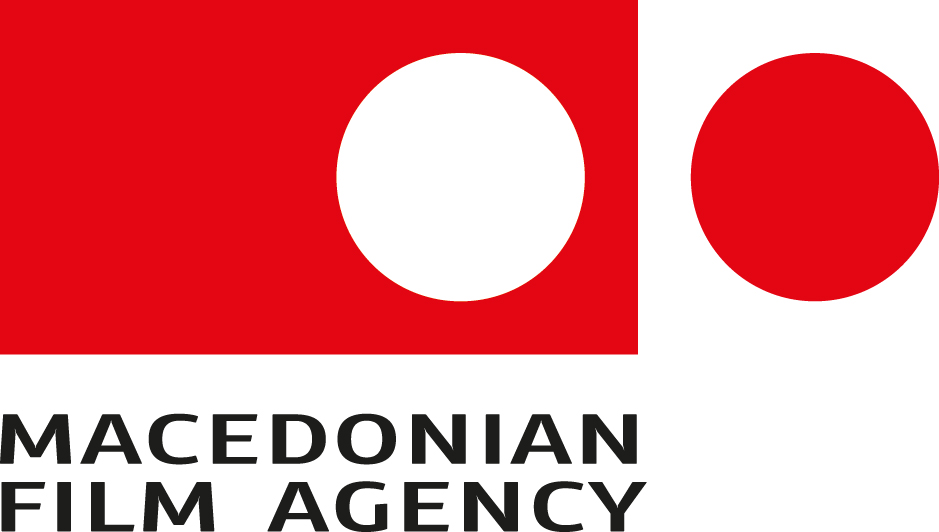
 RSS Feed
RSS Feed
